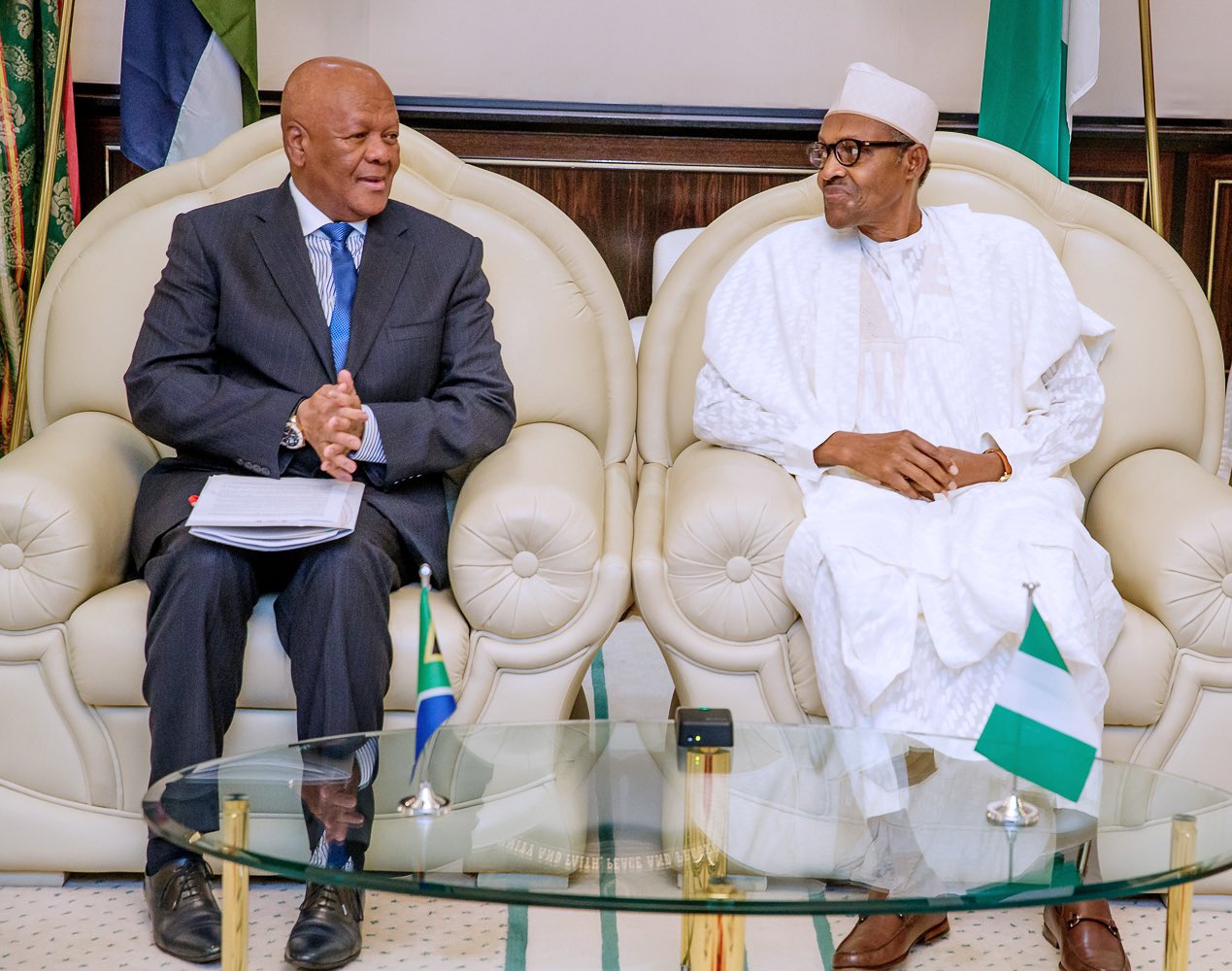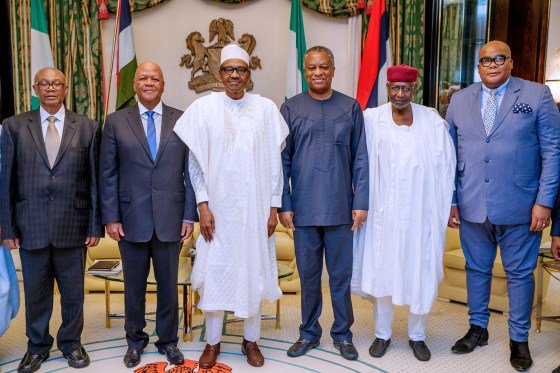Riyaz Patel
Dispatching special envoys to seven African countries reflect South Africa’s commitment to address recent attacks on foreign nationals, International Relations and Cooperation Minister (DIRCO) Naledi Pandor has said.
The envoys are visiting Nigeria, Niger, Ghana, Senegal, Tanzania, the Democratic Republic of Congo and Zambia.
“South Africa is taking this matter seriously and as a government, we will act with resolve to address these challenges. We are treating it with the level of seriousness required,” she said ahead of her trip to New York to attend the UN General Assembly.
President Cyril Ramaphosa, on the weekend, announced that former Minister in the Presidency Jeff Radebe, Ambassador Kingsley Mmabolo and Khulu Mbatha have been tasked to visit several African countries to deliver a message of reassurance and solidarity in light of the attacks.
The envoys have a full understanding of the issues, which government has been open about, the DIRCO minister said.
Radebe apologised to Nigerian President Muhammadu Buhari in Abuja, telling him over 50 suspected looters, arsonists have so far been arrested for their part in the xenophobic-linked violence in parts of South Africa.

“We met a short while ago with President Muhammadu Buhari to convey our President Ramaphosa’s sincerest apologies about the incidents that have recently transpired in South Africa,” Radebe told reporters after the meeting.
“Those incidents do not represent what we stand for as constitutional democracy in South Africa and the President has apologised for these incidents and he has also instructed law enforcement agencies to leave no stone unturned so that all those involved must be brought to book so that the rule of laws must prevail in South Africa,” he added.
Ten people died during the recent incidents of public violence – two Zimbabweans and eight South Africans. There was no Nigerian casualties.

“Nigeria would be very important for us to approach because of the perception that has been created by the media that the events that happened were a specific anti-Nigerian national set of attacks,” Pandor said.
“We also believe that South Africa and Nigeria are also very influential on the continent and we can continue building on the positive relations that exist. We will achieve success,” said South Africa’s top diplomat.
She called for messaging to be “far more astute,” saying there needs to be provision for greater education on the matter instead of messages that enhance “fear, antipathy and negativity.”
Pandor will brief the United Nations General Assembly, which gets underway on 24 September, on the attacks on foreign nationals in South Africa.
“I will indicate to them that we are dealing with a very complex matter and that as South Africans, we truly regret what happened in our country and that we are working hard to ensure that we don’t have a reoccurrence of such incidents.”
The episode, she said, challenges the South African government, as well as other governments on the continent, to strengthen their resolve to build economies that can absorb more people and is responsive to their needs.
This would ensure that people no longer need to become economic migrants in order to have a livelihood, she said.

Pandor conceded there is a need for Pretoria to develop more effective immigration policies, but South Africa, she underlined, has been humane in its engagements with illegal immigrants.
“As a government, we haven’t done what has been done by some countries on the continent, where hundreds have been expelled when they are illegal immigrants.”
“We’ve tried to be humane in our efforts. Yes, there has been violence but we have not behaved like [some] governments and those who did those things were not rejected by the international community. [We] understand that migration is a deeply challenging issue, which we need to address with full alert to the needs of humanity,” she said.
Pandor said she will make a determination on additional steps, should the envoys see a need for further engagements with the respective countries they are visiting.
